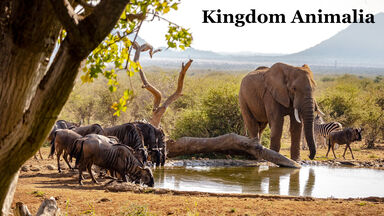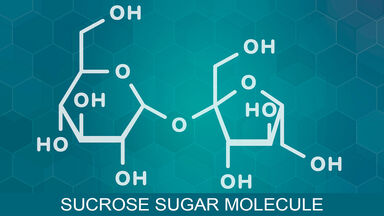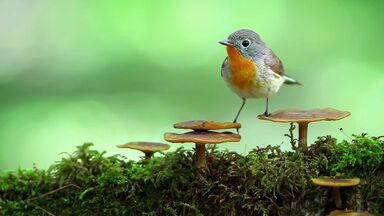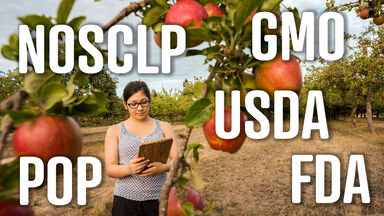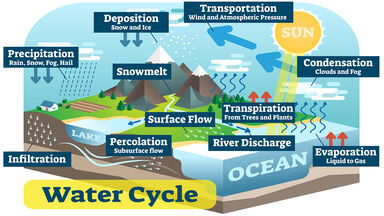Organism Definition
ôrgə-nĭzəm
organisms
noun
organisms
Any individual animal, plant, bacterium, etc. having various parts or systems that function together as a whole to maintain life and its activities.
Webster's New World
Anything resembling a living thing in its complexity of structure or functions.
Webster's New World
(biology) A discrete and complete living thing, such as animal, plant, fungus or microorganism.
Wiktionary
Synonyms:
Other Word Forms of Organism
Noun
Singular:
organismPlural:
organismsOrigin of Organism
-
From Ancient Greek ὄργανον (organon, “tool, instrument"), from Proto-Indo-European *werǵ- (“work").
From Wiktionary
Organism Is Also Mentioned In
Find Similar Words
Find similar words to organism using the buttons below.

